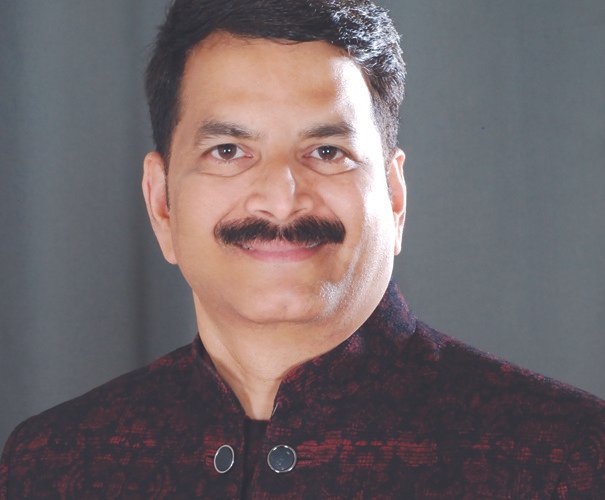
Mahesh Pai elaborates on the varied reasons as to why Indian senior citizens live a minimal life without prioritising their well-being
In India, there is a peculiar phenomenon where senior citizens often die rich but don’t live rich. Senior citizens spend all the life working hard, earning money, and saving. Instead of spending money on themselves and buying all the pleasures, they choose to gather everything and leave it to the next generation. This causes people to live in poverty yet results in a wealthy death.
While the younger generation is moving away from traditional investments like real estate and gold, the elderly remain emotionally attached to these assets. It is important that senior citizens live life to the fullest and explore the reasons behind their emotional investments. It is high time we understand the changing tastes and priorities of the younger generation and the rising costs faced by senior citizens. Ultimately, Indian senior citizens need to prioritise their own well-being and happiness, breaking free from the cycle of living economically to make the next generation rich.
Emotional attachment
Senior citizens have not only built houses for themselves but also for their children and those settled abroad or in different states. However, the next generation is often disinterested in these properties as they prioritise convenience and mobility over large, inherited houses. As a result, the emotional investment made by seniors goes unappreciated.
Changing trends and priorities
The younger generation, in contrast to their elders, prefers simplicity and minimalism. The next generation in India are witnessing a significant shift in their investment preferences also.
They are moving away from traditional investments such as real estate and gold which were once considered safe and reliable. Instead, they are exploring new avenues such as stocks, mutual funds, income plans, and even crypto-currency. This shift can be attributed to various factors including the desire for higher returns, ease of diversification, and the influence of global investment trends.
However, senior citizens have retained their emotional attachment to traditional investments. They often see real estate and gold as tangible assets that provide a sense of security, stability and also returns in the form of rent. These assets hold sentimental value and are associated with memories and legacy. Moreover, the older generation grew up in an era when these investments were the primary wealth-building tools, making it harder for them to break away from this mindset.
Rising costs and financial burdens
Another reason why senior citizens may not be living rich despite their accumulated wealth is the rising costs they face. Healthcare expenses, inflation, and a lack of proper retirement planning can quickly deplete their savings; this leaves them with limited resources to enjoy their later years. Medical emergencies, in particular, can be financially draining, as healthcare costs continue to escalate.
Additionally, Indian parents tend to give away their years of saving to their children for reasons like education, or starting their own business, or any kind of emergency. The burden of supporting the younger generation weighs heavily on them. This further restricts the senior citizens’ ability to indulge in the luxuries and experiences they deserve. It is important for seniors to strike a balance between supporting their children’s wants and needs, and securing their own financial well-being.
Prioritising well-being and happiness
It is essential for senior citizens to prioritise their own well-being and happiness, rather than solely focusing on accumulating wealth for the next generation. Living economically and denying oneself the pleasures of life may seem noble, but it can lead to regrets and missed opportunities.
Indian senior citizens should embrace the changing times and explore new avenues for investment and enjoyment. They can consider diversifying their portfolios, including investments in financial instruments that offer a regular pension to continue the same lifestyle that they had earlier. Moreover, they should free themselves from the emotional attachment to traditional assets and instead focus on the well being for themselves. And by focusing on their hobbies, spending time with friends, and fulfilling their own wish lists, seniors can ensure a fulfilling and rich life for themselves.
Conclusion
Indian senior citizens must break free from the cycle of living a bare-minimum life to make the next generation rich. It is essential for them to enjoy their lives and spend on their own happiness. Emotional investments in real estate and children’s education should be balanced with self-care and personal fulfilment. By doing so, senior citizens can truly live a rich life and set an example for the generations to come. By embracing new investment opportunities and indulging in experiences, they can truly live rich and enjoy the fruits of their hard-earned wealth





